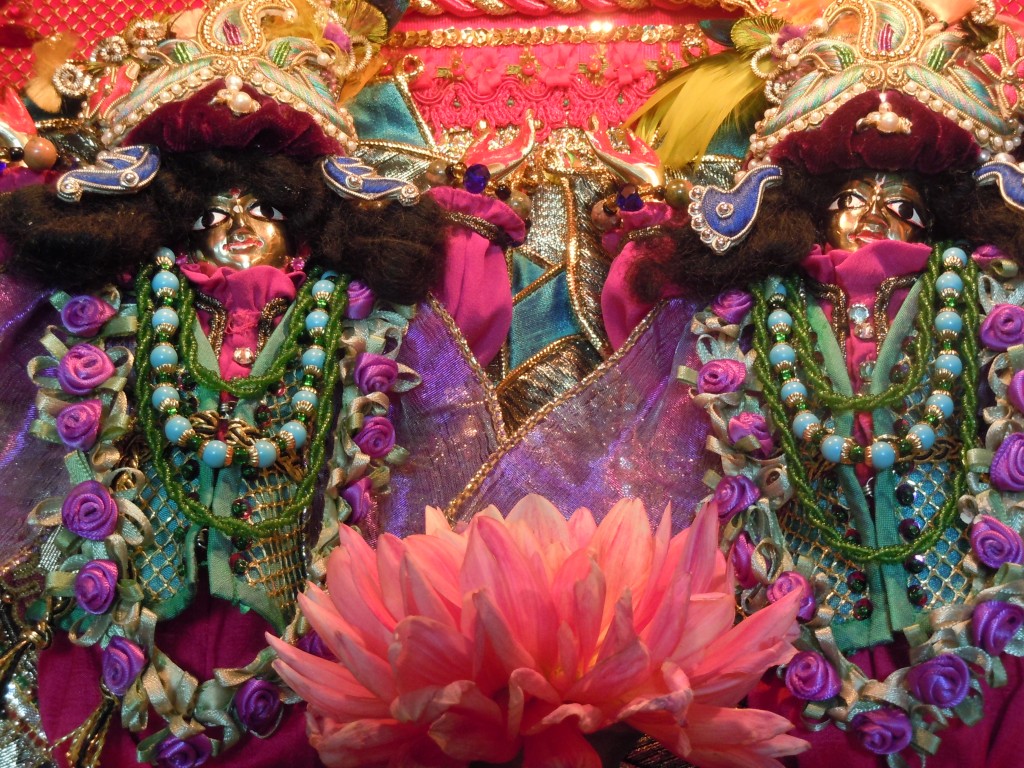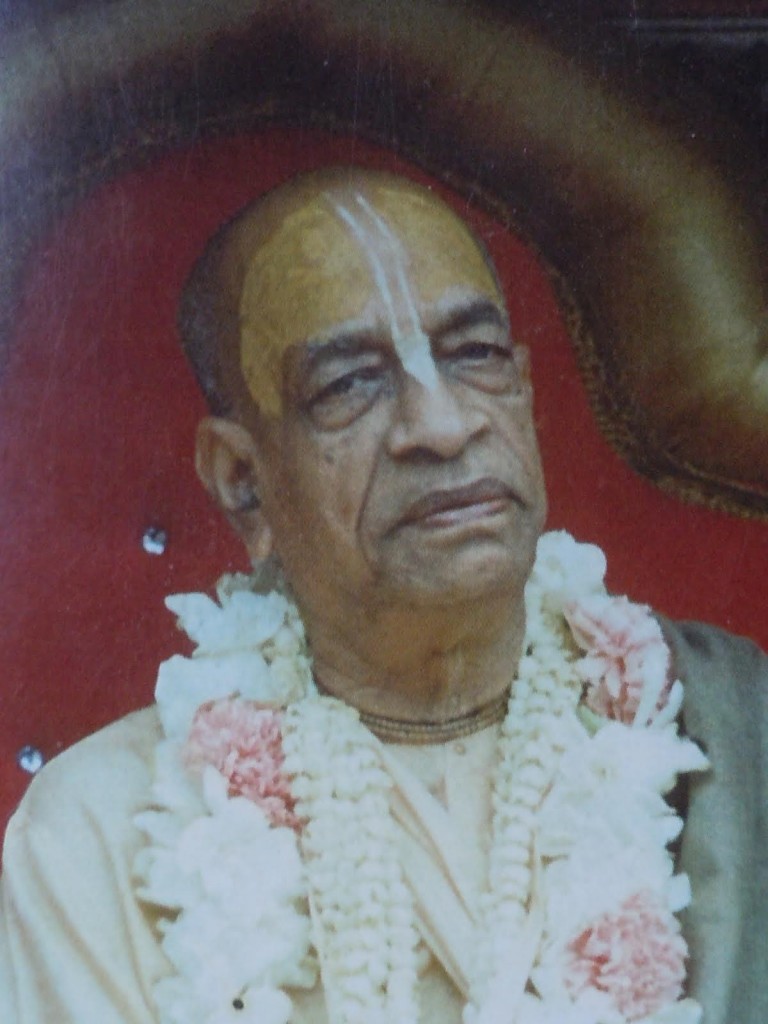- August 24, 2015Article by: Damagosha dasa If we think that "Here is a stone statue," then it will not prolong many days.…
- August 20, 2015Article by: Damagosha dasa Hare Krsna-- This is a very nice presentation by some of the devotee scientists (all Phd's…
- August 19, 2015Submitted by: Navadvipa dasa VEDIC VILLAGE REVIEW #45 August 16, 2015. Adventures in New Jaipur, Prabhupadanuga Farm in Fiji …
- August 16, 2015Submitted by: Yasoda nandana dasa Please accept my humble obeisances all glories to Srila Prabhupada. The Bhagavad Gita As It…
- August 14, 2015Article by: Damagosha dasa Today I was threshing a large pile of barley stalks mixed up with its grain today…
- August 13, 2015Below are pics of : Hanuman being embraced by Lord Rama. Our good friend, Rama Pujana Das Babaji, at age 95 (in…
- August 13, 2015Article by: Purujit dasa Submitted by: Yasoda nandana dasa : Glossary: editing – also known as the first editing, these…

Under the guidance, inspiration and authority of
His Divine Grace A.C. Bhaktivedanta Swami Prabhupada
Founder-Acharya of the Krishna Consciousness Movement
Srila Prabhupada: “I wish that each and every branch shall keep their separate identity and cooperate keeping the acharya in the center. On this principle we can open any number of branches all over the world. (Letter, February 11, 1967)


